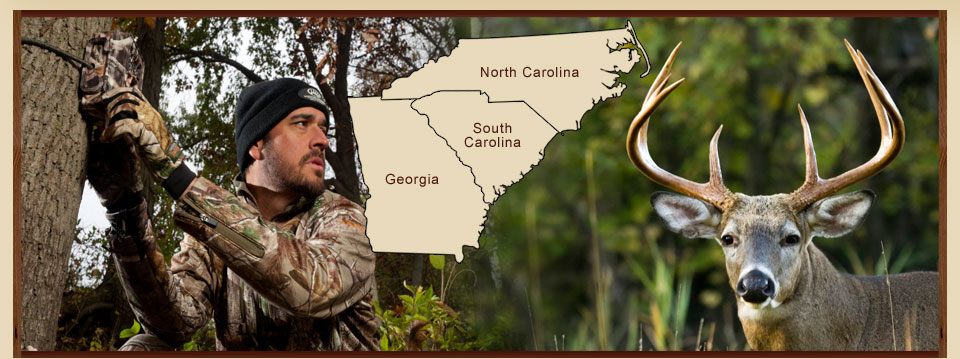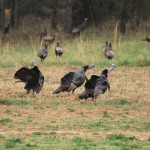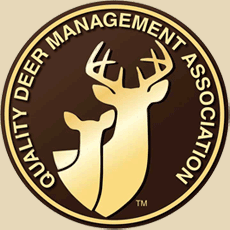Of the dozens of sounds a turkey makes in the wild, there are a few, and combination of a few that will benefit a hunter more than any others. Sure, turkey hunters know about yelps, clucks, etc. but for those who want to consistently kill turkeys, there are five calls you should master in order to put the odds in your favor. Let’s look at some of the more popular and productive calls used by a variety of hunters to put more birds down.
Flydown Cackle: For roosting gobblers this can be the lynchpin to get them to pitch into your direction. Most hunters like to use this just after sunrise, when the gobbler is still roosted but gobbling. It begins with a few soft yelps and escalate with excitement and finishes with slower yelps. To really sell this sound, use a salvaged wing and flap the ground or your leg to mimic the sound of wing beats as the hens fly down. This can and often is one of my favorite to locate gobblers.
Cutt / Cutting: Cutting is the sound hens make when they want to get the attention of a gobbler. It is usually fairly loud and also has a lot of excitement in it when used. This is often one of the most over used calls today. A well-produced cutt can elicit a gobble often before the hunter finishes the call sequence. It really gets the gobblers fired up – at times. As stated above, it is often overused and especially when hunting public ground, you can bet the gobblers have heard every version of a cutt that can be made. Use it, but use it sparingly. I have had gobblers almost run over me when I brought out the call and made a series of cutts and I have watched them totally ignore the sound. Still, it is one of the go to calls for many well established callers, hunters who master this call will not go wrong.
Purr: Like the cutt is often over used, the purr is perhaps the most overlooked. This call is one of contentment and is the most common call between hens. It is often heard when they are feeding, relaxed and congregating with one another. Hunters who can purr well, will put a wary gobbler at ease and will often be the one that closes the deal. David Catoe of Lugoff, says that when he has a gobbler committed, “I will start purring softly and never stop while he is coming in to my set.” Catoe goes on to say that he uses the purr more than any other call to drop the hammer on the mature Tom’s.
Yelp: Perhaps the standard of all turkey hunting. The yelp is the most common call used by wild turkeys. It is a social call, comforting call, and a identifying call. It let’s others know where they are, and what their intentions are. There are a variety of pitches, cadences and volume can dictate what the message is, but the yelp is one of the simpler and necessary calls all hunters must use and master.
Tree Yelp: As mentioned above, the yelp can have a lot of meanings, this is the case with the Tree yelp. As the name indicates, this call happens when the birds are still in the tree before they fly down. It is a series of very soft slow cadence yelps. Most hunters use these just at first light when they believe they have moved in close to a roosting gobbler. Personally, I like to get in close, seventy five to one hundred yards at most. Set up well before daylight let the woods settle. Just as the darkness starts to fade, using my slate call, I make a series of very soft yelps usually in a series of six to eight sounds. Pause for about fifteen seconds and repeat.
The purpose of the tree yelp is to try and convince any gobbler that you are a hen roosted nearby.
There are many other calls that a hunter can employ, but these five will put birds in your sights more than any other. The key, is in the volume and cadence. Begin with making these sounds on every call you own, slate, box, tube, trumpet, box etc. being able to make these sounds with every call can be the difference between success and failure.
One thing is for sure, the more you turkey hunt, the more you start to understand what the turkey is telling you and will let you know when to use what and how.





